.png?width=862&height=453&name=IM_filesubmissiontool_R01%20(1).png)
There are moments every server admin dreads. Like when your security tool blocks a file that you know is safe, and when you find a suspicious file that your tool missed entirely.
False positives are frustrating disruptions that can break a site and create support tickets, while false negatives cause a nagging uncertainty that leaves you wondering what else might be lurking undetected. In both cases, you want to report it because you want the system to get smarter.
But previously, submitting a file for analysis might have felt like sending it into a black hole. You do your part, but you never find out what happens next. Was it reviewed? Was it a true threat? Could it be included in the next signature update?
Now, we’re changing that.
 Virtual Private Servers (VPS) give website owners more control of their site’s configurations and experience, so it’s no surprise that most website owners prefer it over standard shared hosting. Since customers have more control over server settings, VPS service is more challenging to secure. It’s still a virtual server connected to the network, so security for host administrators and customers should be a priority to protect data on the VPS instance and the host network. The articles covers the following topics related to Linux VPS security:
Virtual Private Servers (VPS) give website owners more control of their site’s configurations and experience, so it’s no surprise that most website owners prefer it over standard shared hosting. Since customers have more control over server settings, VPS service is more challenging to secure. It’s still a virtual server connected to the network, so security for host administrators and customers should be a priority to protect data on the VPS instance and the host network. The articles covers the following topics related to Linux VPS security:

We are excited to announce that Cloudways, a premier managed hosting platform, a part of DigitalOcean Holdings, Inc., has chosen Imunify360 to enhance security across its entire server fleet. This decision by Cloudways to procure our top-tier security solutions underscores a significant commitment to providing superior protection for all hosted websites, across various platforms.
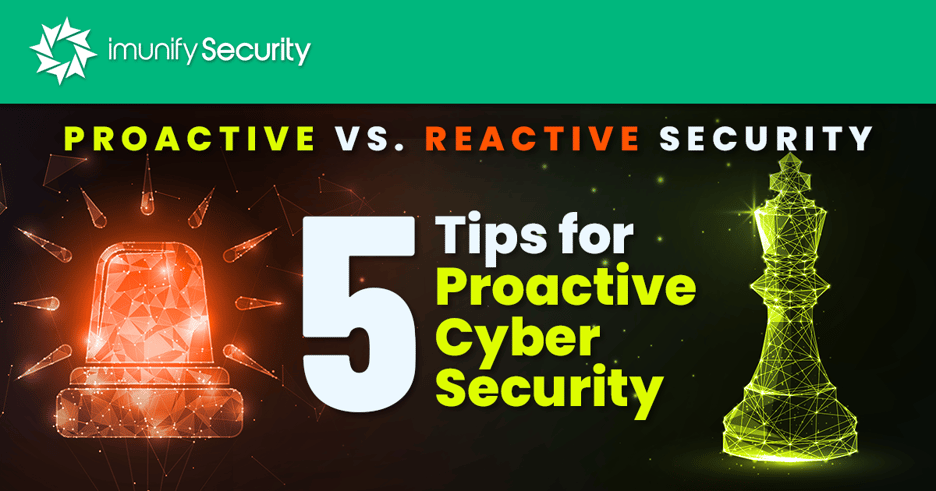
For years, cybersecurity has been reactive - incidents were identified and remediated after discovery. But having a reactive strategy means that you often clean up after the damage has already been done. It only takes a few minutes for attackers to exfiltrate data, so a reactive strategy is no longer the best practice due to the massive revenue loss after a breach. Instead, organizations should push towards a proactive approach to stop attackers before they can do any damage and steal data. The article covers the following topics:
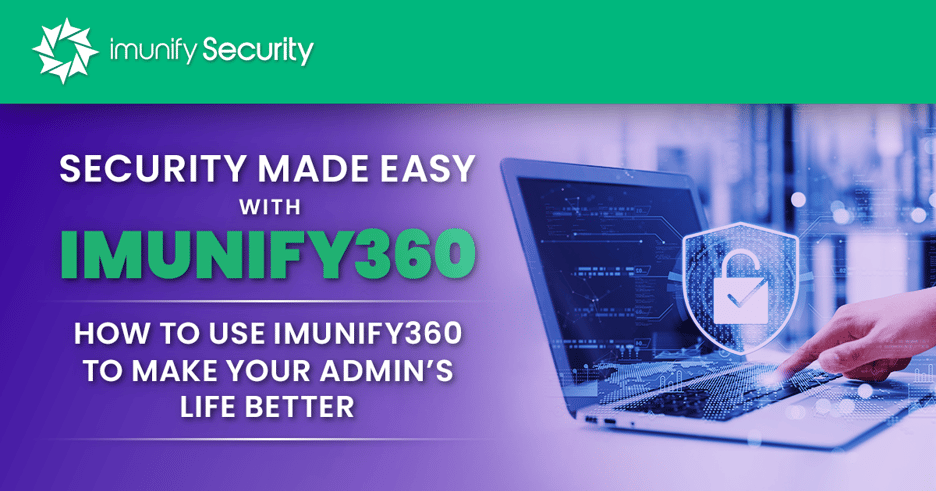
Securing a server requires the right configurations, but securing a server that protects your data and all other customers hosted on the server is much more complex. Without the right tools, a hosting provider would need several technicians to handle customer tickets, analyze the problem, and remediate cybersecurity issues. Imunify360 monitors, stops, and remediates many common exploits, saving server administrators time and owners' money. In this article you will discover the following:
In the ever-evolving world of web hosting and digital services, ensuring robust server security is paramount. WebJIVE, a prominent web hosting provider with a 20-year track record of excellence, recently overcame significant security challenges and elevated its server security game with Imunify360.
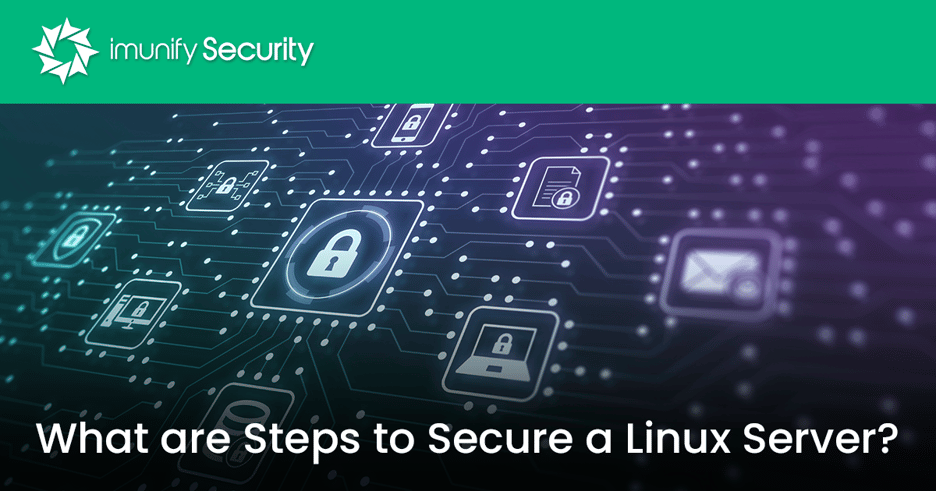
Overall, the Linux operating system is very secure, but the applications, tools, and configurations administrators install create risks to the environment. Linux powers 75% of the internet, and it’s installed on 6.64 million web servers. Because Linux powers critical systems around the globe, it’s imperative that administrators take the necessary steps to harden the operating system’s security. Although Linux is inherently secure, several configurations and strategies help harden its defenses and reduce the risk of a compromise. This article goes over the following questions:
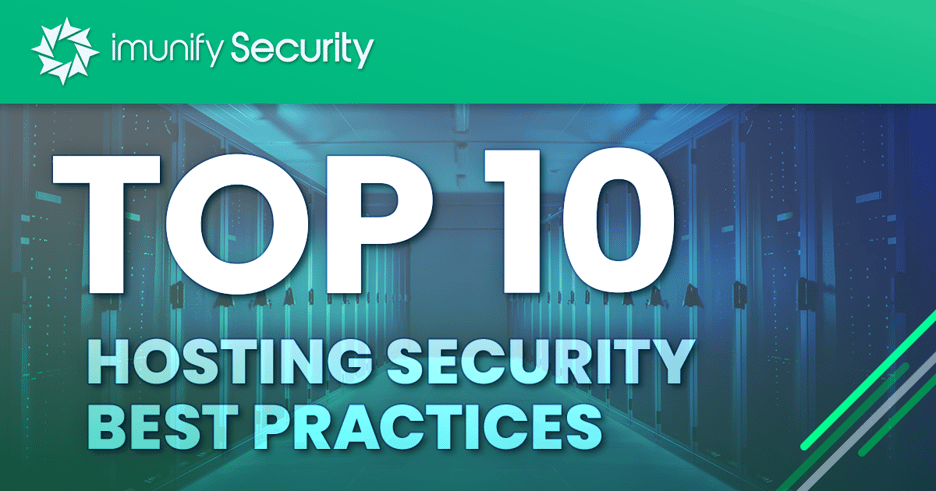
The internet contains over 1.7 billion websites, and every one of them is hosted by at least one web server. A web server can host hundreds of sites on one physical machine, but depending on the way it’s hosted, just one hacked website can be the downfall for all sites on the server. Security for web hosters is more important than ever as more customers depend on your cybersecurity best practices and monitoring to find ongoing attacks. Web servers usually host several business sites, which store customer data, so they are common targets for attackers. So, we've put together a list of hosting security best practices and tips essential for web hosting security. This articles covers the following hosting security topics:
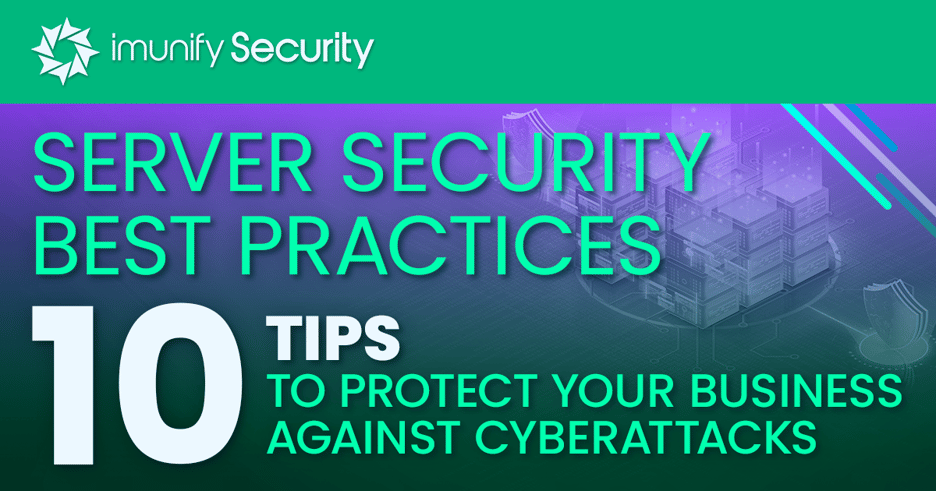
A system administrator (or sysadmin) is perhaps one of the most stressful careers available to an aspiring computer science and information technology student. Sysadmins are typically responsible for network and computer systems, including but not limited to server security. A sysadmin’s job, therefore, is stressful because at any time an organization’s servers may fall victim to cyber attacks.
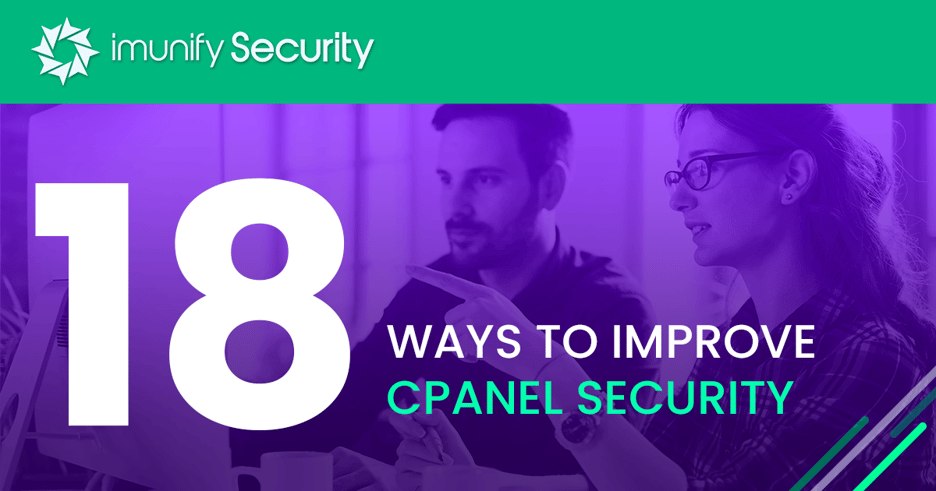
The introduction of cPanel in 1996 simplified Linux hosting management, and almost 30 years later it’s still a favorite for website owners and hosters alike. The changes in the Linux operating system, additional distributions, new attack vectors, and discovered vulnerabilities force cPanel developers to release security patches frequently. The cPanel software has gone through several version updates, and each change increases complexity. The added complexity makes it more likely for hackers to find vulnerabilities, but your business can reduce risks by following these best practices to avoid becoming a victim of an exploit. The article goes over tips and tricks on how to keep your cPanel account protected.

.png?width=115&height=115&name=pci-dss%20(1).png)
